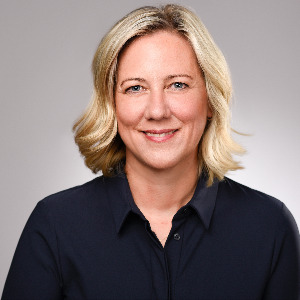Title : Trauma resolution from the perspective of Chinese medicine the eight extraordinary vessels in the context of polyvagal theory
Abstract:
In Western psychotherapy, traumatic experiences are primarily described as persistent dysregulation of affective, cognitive, and vegetative processes, leading to chronic overload of the autonomic nervous system. Polyvagal theory (Porges, 1995 ff.) differentiates these processes into a hierarchically organized sequence of autonomic states: ventral vagal regulation (social connectedness), sympathetic activation (fight/?ight), and dorsal vagotonia (immobilization/dissociation). The model provides a neurophysiological framework for the analysis of trauma-related functional disorders and is increasingly being adopted in psychotherapy, education, and psychosomatic medicine. Chinese medicine (CM) provides a complementary paradigm. It conceptualizes trauma not primarily as a singular event, but as a disturbance in the dynamic integration of qi, shen, and jing. Therapeutic interventions aim to restore cyclical movements and reintegrate fragmented somato-psychic structures. Methods such as acupuncture, herbal medicine, qigong, and meditation do not have an exclusively symptomatic effect, but primarily a regulative and structure-stabilizing effect. The eight extraordinary vessels (qi jing ba mai) play a special role as higher-level regulatory systems that ensure the storage, distribution, and integration of qi and blood. Their activation is particularly relevant in transitional and crisis situations. Comparative analysis shows functional parallels to polyvagal states: The comparison illustrates that CM and polyvagal theory provide different but complementary models for explaining and treating trauma-related dysregulation. Medosophos trauma therapy was developed on this basis. It is an integrative approach that combines neuroscientific concepts with energetic and process-oriented principles of Chinese medicine, thus opening up an expanded methodological spectrum for restoring regulation and coherence in the organism.



